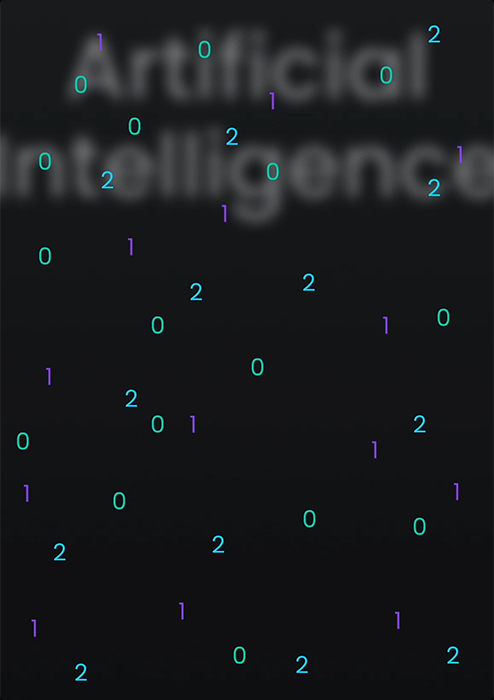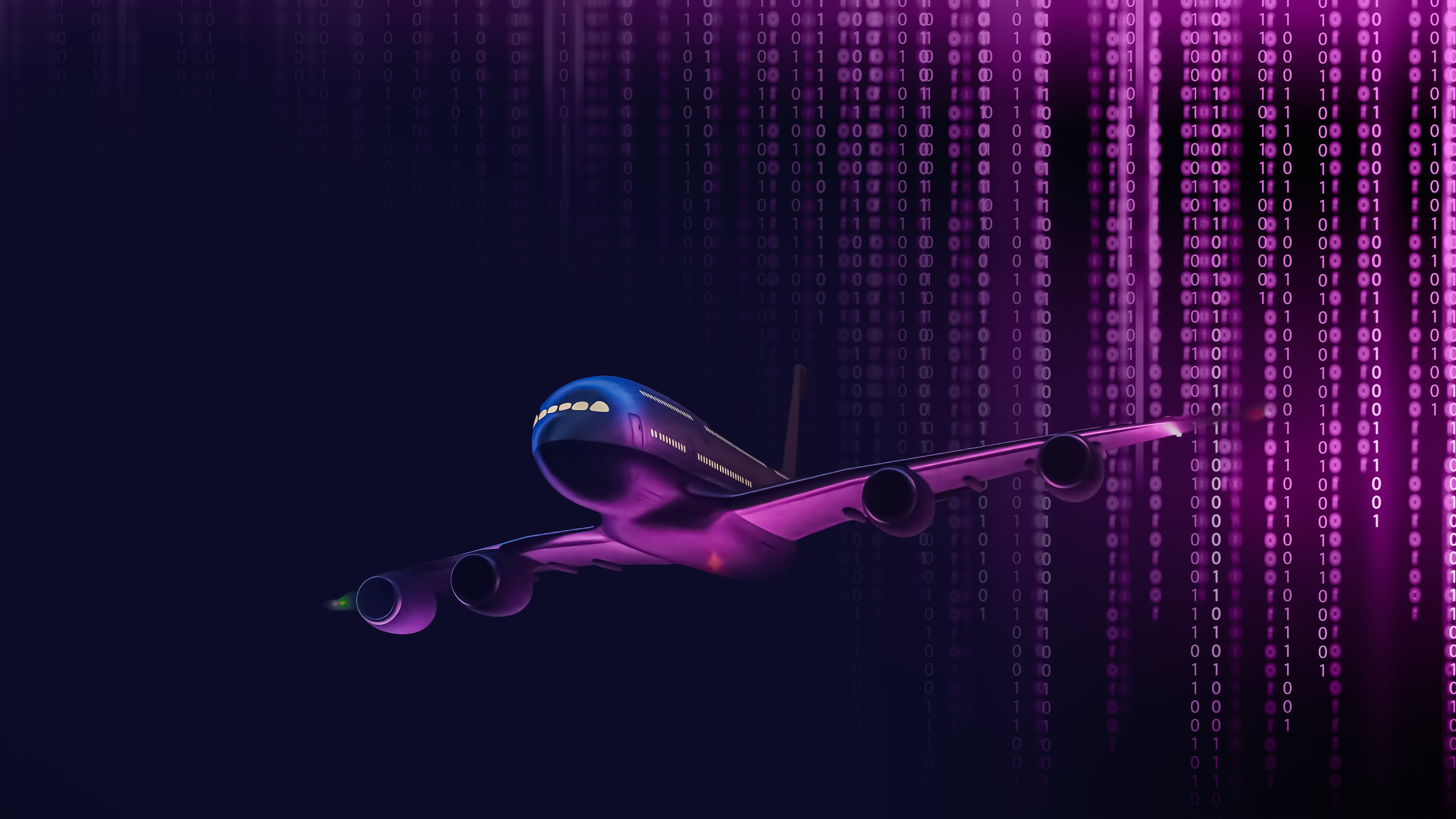You're using Internet explorer as browser: to enjoy the most complete expierence on our website, we recommend using a newer browser, such as Firefox, Chrome or Safari.
Making it possible.
Never Better.
Digital
innovator
Smart
Solutions
Accelerate your innovative thinking
Our extensive portfolio of Smart Solutions is aimed to elevate your digital transformation journey, by simplifying the process, through ready-to-go technologies, customisable to your specific needs. Our goal is to facilitate your requests, whether it be hardware or software-oriented, applied your industry of choice.
Discover more
Digital
Advisory
Predicting your technological, organisational and management needs
We understand customer needs amid the current socio-economic context, leveraging on decades experience and insight innovating processes , accompanying you on your digital transformation journey.
Discover more
Software
Engineering
Creating innovative solutions to complex challenges
We’re visionaries who envision the future and cover the entire software engineering lifecycle, enabling the evolution of technology into sources of innovation. Our expertise generates value for stakeholders at all levels, from client to end-customer, we realise innovative software tailor made for you and your needs.
Discover more
Our
Industries
Emerging
technologies
-1.png)
Company News
What we've been up to?

Where
we are
Milan
Italy
Brescia
Italy
Turin
Italy
Novara
Italy
Rome
Italy
Bari
Italy
Cagliari
Italy
Palermo
Italy
Chiasso
Switzerland
Luzern
Switzerland
Berlin
Germany
Cologne
Germany
Delft
Netherlands
Seattle
United States
Dallas
United States
Montreal
Canada
Toulouse
France
London
United Kingdom
Munich
Germany
Milan
Italy
Brescia
Italy
Turin
Italy
Novara
Italy
Rome
Italy
Bari
Italy
Cagliari
Italy
Palermo
Italy
Chiasso
Switzerland
Luzern
Switzerland
Berlin
Germany
Cologne
Germany
Delft
Netherlands
Seattle
United States
Dallas
United States
Montreal
Canada
Toulouse
France
London
United Kingdom
Munich
Germany

All TXT Companies
Discover the Ecosystem
Our
Leaders
The foresight and excellence of our Leaders are the key that drives TXT Group towards making the impossible possible. Find out more about our leadership team!
Investor
Relations
It's our primary desire to share all financial data and other useful information with maximum transparency with those who believe and support our Group over time.
Our Values
text Commitment Collaboration Innovation
In our ecosystem we push the boundaries of what's possible and our values drive us to innovate the digital landscape with a unique attitude.
Grow
with us
We are Visionaries
We are Bold
We are Achievers.
We always look forward to surpass ourselves and achieve unmatched results. We believe in it and carry out our thought with perseverance, technique and dedication. We guide our clients to get results. We are constantly improving our relationship with them, as people and as partner. We ground our ideas and intuitions by always combining technical skills with innovation and vision, without loosing sight of sustainability.







.png)

.png)
.png)
.png)









.png)
.jpg)
